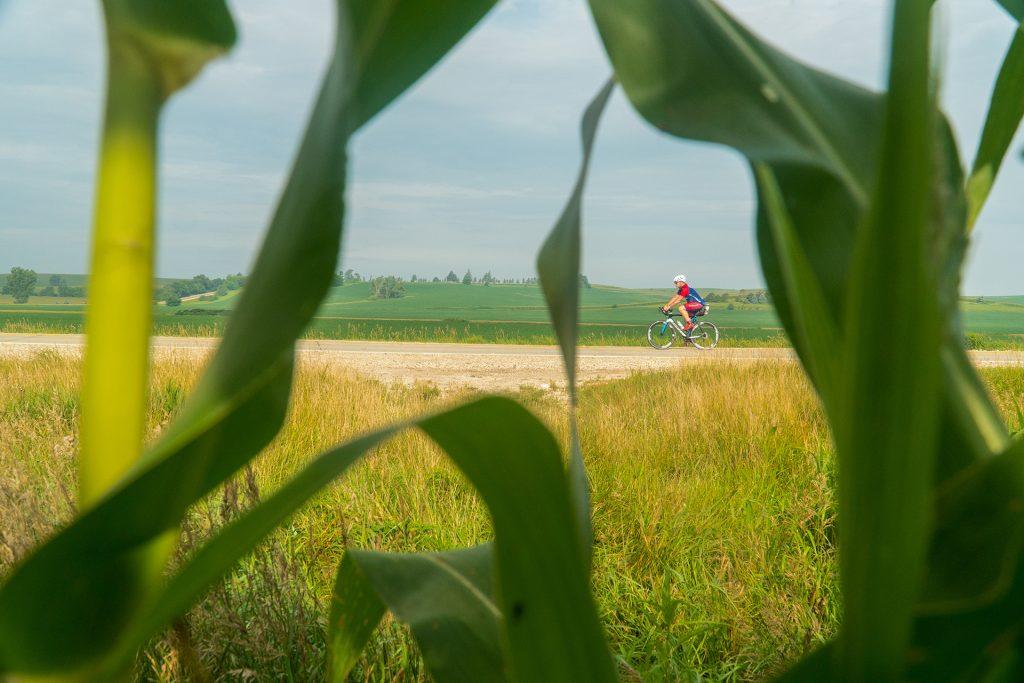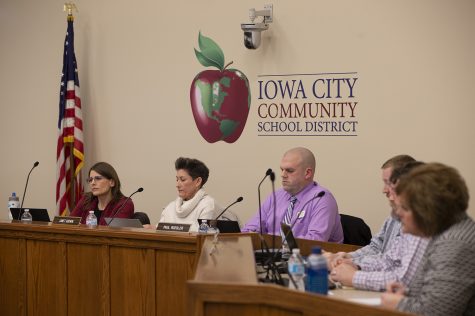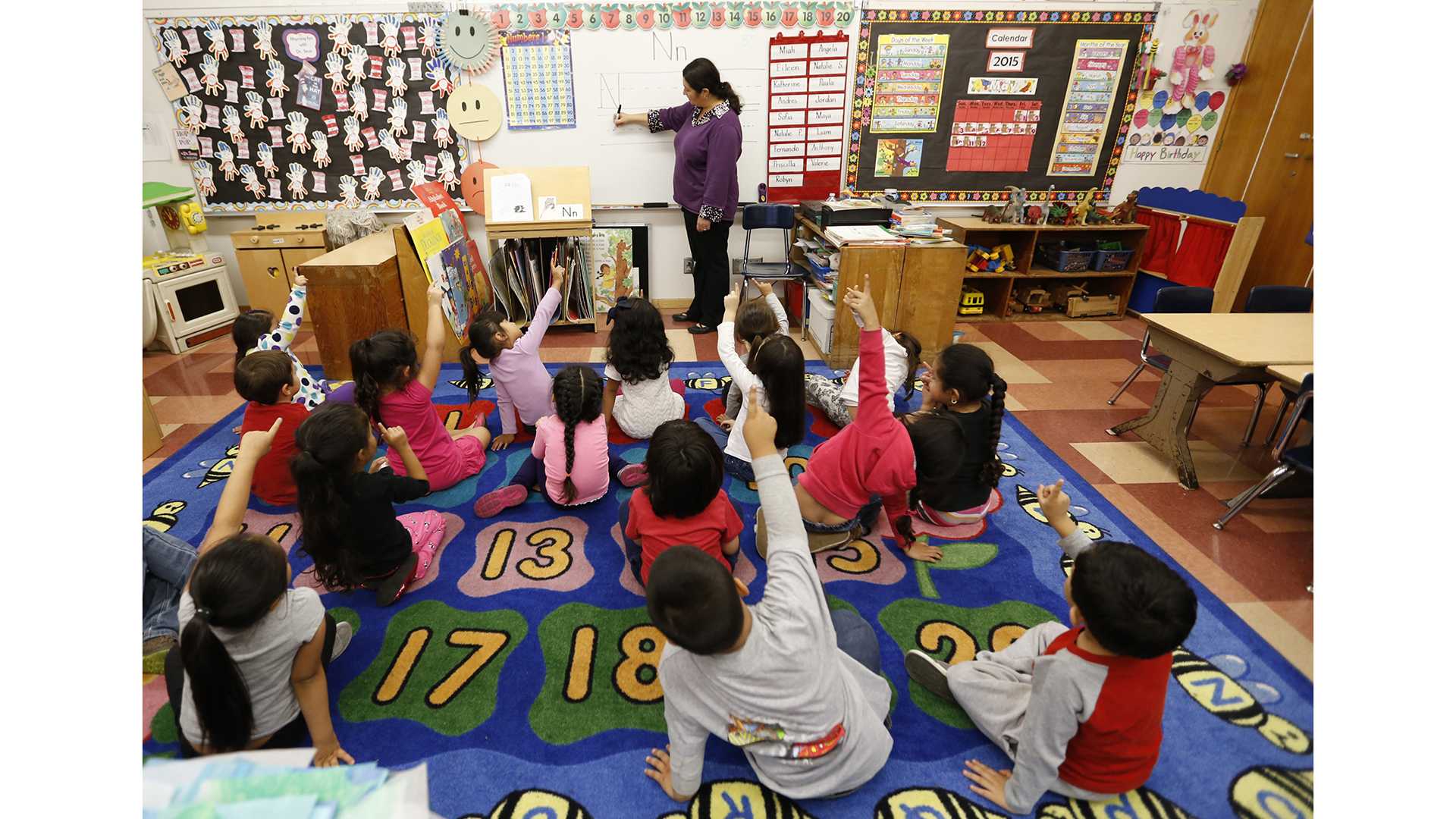Helton: Fighting climate change isn’t just for tree huggers anymore
Strong environmental policies are crucial to keeping Iowa’s agricultural economy alive.
A biker pedals through rural cornfields close to the outskirts of Aspinwall, Iowa.
December 9, 2018
If I asked you to imagine someone who’s really concerned about the environment, what type of person would come to mind? A hippie college student? A European scientist? How about an Iowa farmer?
The reason why climate change is such a critical issue is because it threatens so many different aspects of the world as we know it. Everything from immigration to economics is rapidly going to circle around environmental issues, and it’s going to come for agriculture early.
RELATED: Helton: Climate change will create an enormous refugee crisis
Let’s zoom out from the doomsday talk for a moment and examine our current situation with corn. It’s our state of Iowa’s most famous product, and it’s everywhere. In my hometown of Mount Pleasant, Iowa, there are corn crops on both ends of the Walmart parking lot. You can’t go more than a couple miles without seeing someone’s crop. Corn is our state’s No. 1 export by far. In fact, former Iowa Gov. Terry Branstad is the current Ambassador to China because of our agricultural know-how and prowess.
All of that is threatened by climate change. Rising global temperatures will throw a well-calibrated water cycle out of whack. Too much evaporation from high heat leads to too much precipitation for our crops. Iowa has enjoyed its place in the heart of the highly fertile Corn Belt for generations, but our perfect soil and weather for strong crop yields is looking less pristine.
RELATED: Helton: The new EPA plan could devastate Iowa, but not without a fight
In fact, according to a report from Iowa and 17 other states, “absent significant adaptation by Iowa farmers, the state could face declines in its corn crop of 18–77 percent.” Of course, that’s without adapting to the changing climate, but adaptation is merely dealing with the symptoms. If we want to avoid devastation for those dependent on the agriculture industry, we need to address the causes of a rapidly heating earth.
We know greenhouse gas emissions are the major contributing factor to the planet-wide rise in temperature. According to the Environmental Protection Agency (which has been rendered largely useless by the Trump Administration, but that’s another issue), 65 percent of global greenhouse gas emissions come from carbon dioxide via the burning of fossil fuels and other industrial processes. If we have any chance of saving our farms, it’s going to include cutting out a lot of coal from our electricity diet.
Iowa is already setting a good example; we generate over a third of our electricity from wind power. While that’s not enough in the long term, it’s something we can build on. We need to invest more in renewable energy sources like wind as well as solar power. We can do this.
RELATED: Rosario: Individual lifestyle changes won’t stop climate change
Maybe saving countless vulnerable species from extinction, our coastal cities from rising oceans, or our children from toxic air pollutants isn’t enough motivation to fight the War on Climate Change. But if we’re not willing to save our farms, our breadbasket and breadwinner, then the environment is going get nasty for a lot more of us than the hippies and scientists.





















